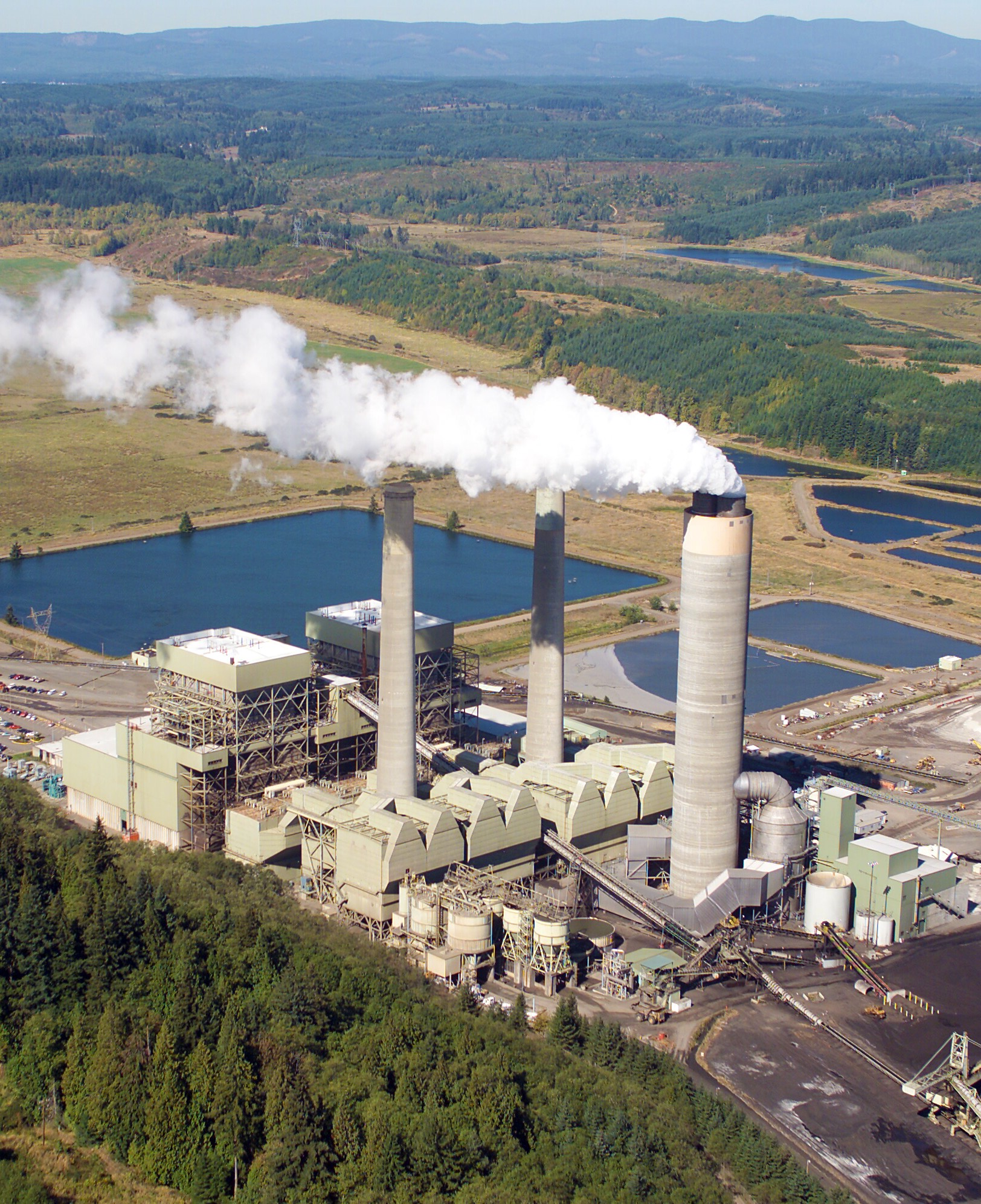TransAlta Power Plant
TransAlta is a coal-fired power plant in Centralia. In 2011, the Legislature required TransAlta to shut down its coal-fired boilers in two phases. Ecology regulates air pollution from industrial facilities, including power plants. We monitor TransAlta's emissions.
Including TransAlta's revised permit in the SIP
In 2020, Ecology proposed to submit a revision of Washington’s air quality State Implementation Plan (SIP) to EPA. A State Implementation Plan is a general cleanup plan for air. It describes how Washington carries out, maintains, and enforces national air quality standards. This proposed revision would include TransAlta's updated 2020 permit for best available retrofit technology (BART) in the State Implementation Plan and remove the previous permit. The updated permit limits nitrogen oxides and ammonia oxides.
The updated permit requires TransAlta to:
- Install and operate a computerized combustion control system to lower emissions of nitrogen oxides and ammonia.
- Remove requirements to test coal before using it, because testing occurs where air pollution comes out.
- Limit monitoring of ammonia.
Public comment period: Aug, 27, 2020 – Oct, 5, 2020
Public hearing: Sept. 28, 2020 at 1 p.m. online
Read comments
Documents for review
- Second revised order for best available retrofit technology (BART), 7/29/20
- Technical support document, 7/20
- First amendment to Memorandum of Agreement, 2017 (reference document)
TransAlta agreed to reduce air pollution
Bird's eye view of TransAlta
In 2010, the Governor and Ecology negotiated an agreement with TransAlta, Washington's only coal-fired power plant and largest emitter of greenhouse gases. TransAlta accounts for 10 percent of all greenhouse gas emissions statewide. The agreement reduced emissions of mercury, greenhouse gases, and nitrogen oxides.
2010 settlement agreement details
The settlement agreement with TransAlta reduced:
- Mercury emissions by 50 percent by installing new technology.
- Nitrogen oxide emissions by 20 percent by using low sulfur and low nitrogen coal.
The agreement required TransAlta to burn low sulfur coal to protect and improve visibility in national parks and wilderness areas. We also issued this Best Available Retrofit Technology (BART) decision in 2010.
2011 legislation to reduce mercury, greenhouse gases, and nitrogen oxide pollution
In 2011, the Governor signed the TransAlta Energy Transition Bill. The Governor, TransAlta, environmental groups, and the local community worked together to transition from coal to natural gas. The bill reduces emissions from energy production while allowing TransAlta to move to cleaner fuels. The plant's two coal-fired boilers must meet the state's greenhouse gas emission performance standard for power plants by:
- December 31, 2020 for the first boiler.
- December 31, 2025 for the second boiler.
TransAlta also agreed to install selective non-catalytic reduction technology to further reduce nitrogen oxide emissions. Nitrogen oxides cause smog (regional haze) by putting fine particles into the air.
In December 2011, the governor and TransAlta signed a Memorandum of Agreement required by the legislation.
The 2011 revised Best Available Retrofit Technology (BART) order implements the requirements in the law to stop burning coal by 2025.
Related links
Contact information
Philip Gent
Environmental Engineer
philip.gent@ecy.wa.gov
360-918-6922


